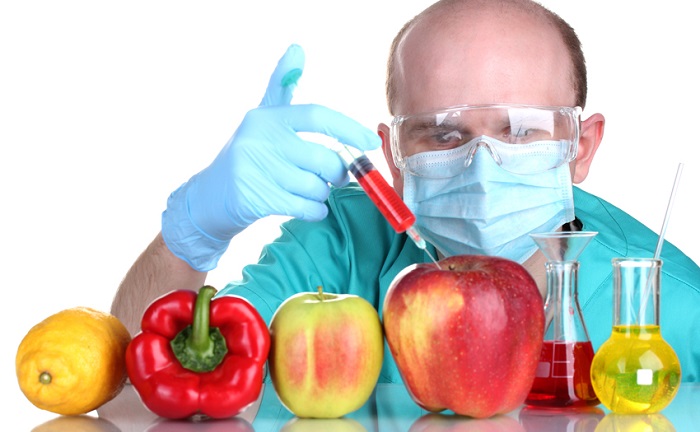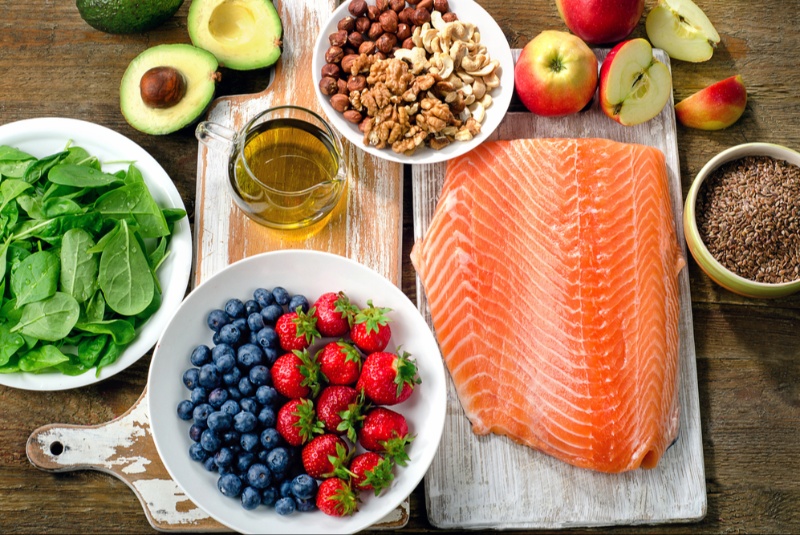Marketing, whether we like it or not, plays a huge role in our every day lives. Companies pay a lot of money to connect their brand with a positive image in our minds. But very few people know that the food industry in America and everywhere else does the exact same thing.
They are the people who told you that "milk does a body good" and "beef, it's what's for dinner". They are also the same people that are sponsoring the American Cancer Society, American Heart Association, and American Diabetes Association, which is not a coincidence.

1. Canned Foods
There has been an increased concern regarding canned foods and its deadly ties to cancer. Canned foods benefit the consumer because they are affordable and readily available; however, they come with a price. Canned foods are full of additives and preservatives that increase the chances of someone developing cancer. One of the additives is Bisphenol A (BPA), a chemical found in the cans’ coatings that acts as a preservative, but increases chances for developing cancer, which has been scientifically linked to several health problems, including the modification of brain cells which develop into cancerous tumors because of the BPA present.

2. Sodas
It is of no mistake that sodas are incredibly detrimental, but since its creation, consumption of sodas has become a dietary staple for every meal. Besides having ties to diabetes and obesity, people who consume sodas are twice as likely to develop biliary tract cancers and gallbladder tumors. Common, yet harmful ingredients present in sodas are artificial food colorings and carcinogenic chemicals such as derivative 4-methylimidazole (4-MI). Diet sodas are no better than advertisements would like to admit. In fact, they present an equal damage with terrible ties to endometrial cancer in women, prostate cancer in men, and pancreatic cancer.
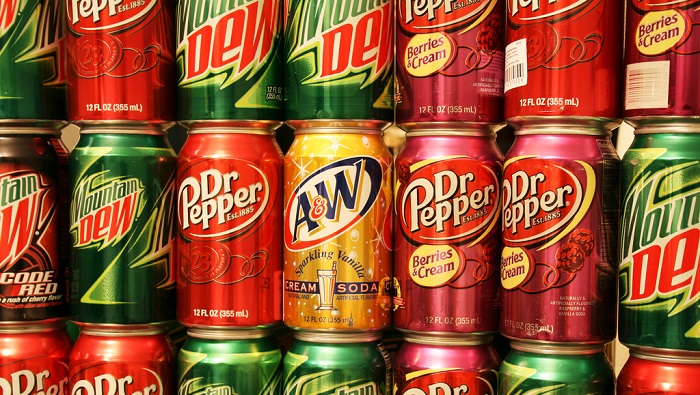
3. Red Meat
The topic of red meats and cancers has been one marked with plenty of debate. Though high in protein, zinc, vitamin B-12, and iron, excessive consumption of red meats has been scientifically proven to higher risks of developing several types of bowel cancers. Red meat possesses a compound called haem, which is tied to the formation of carcinogenic compounds that can cause bowel cancer. These chemicals form during digestion and are known to damage cells that line the bowel. Despite the danger, experts believe that you can reduce the risk of cancer simply by avoiding extreme consumption of red meats.

4. Processed Meats
In comparison to red meats, processed meats like bacon, hot dogs, pepperoni, and sausages pose a higher detrimental risk than its red counterpart. This is in due part of the chemicals, preservatives, and sodium nitrates present in processed meats that allow for the meat to be cured but the chemicals and preservatives are well known carcinogens. Even worse, a lot of the curing processes involve smoking the meat, which picks up tar similar to that of cigarettes. Studies demonstrate that people whose diets consisted of a tremendous amount of processed meats increased early risks of colorectal, pancreatic, and prostate cancer.

5. Refined Sugar
Sweet and savory, but a dangerous and deadly common ingredient, refined sugars are also one of the major contributors in cancer-inducing diets and detrimental tumor growth. Malignant tumors display higher levels of glycolysis, a process in which glucose intake fuels cancer cells. Refined sugars like white sugars and high fructose corn syrup essentially provide tumors with that kick that feed cancerous cell growth, which uptake ten times the rate of healthy cells. Even worse, artificial substitutes provide more harm than good, equally linked to breast, uterine, colorectal, and pancreatic cancers as well as lymphoma, and leukemia just as refined sugars.
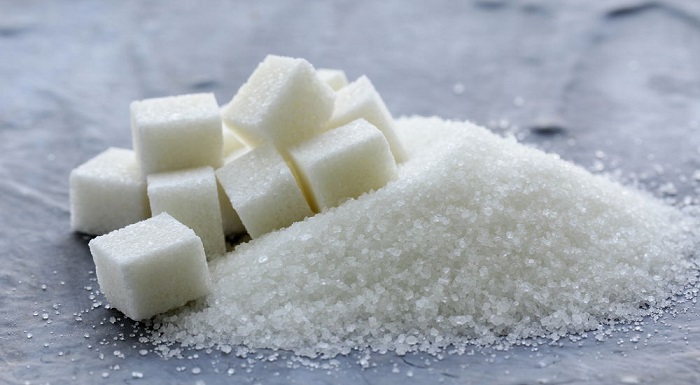
6. Artificial Sweeteners
To piggyback on the refined sugars, artificial sweeteners are just as harmful as refined sugars. Besides diabetes and other illnesses, artificial sweeteners contribute to cancer and tumor growth due to a destructive ingredient known as aspartame. When broken down in the body, aspartame breaks down and creates a deadly toxin called diketopiperazine (DKP). Believe it or not, DKP is the primary toxic agent used in pesticides targeted for bugs—fire ants, in particular. In several studies, DKP created abnormal growths in animals, and this transcends to human consumption where it creates malignant tumors that develop into cancer. Just avoid artificial sweeteners.
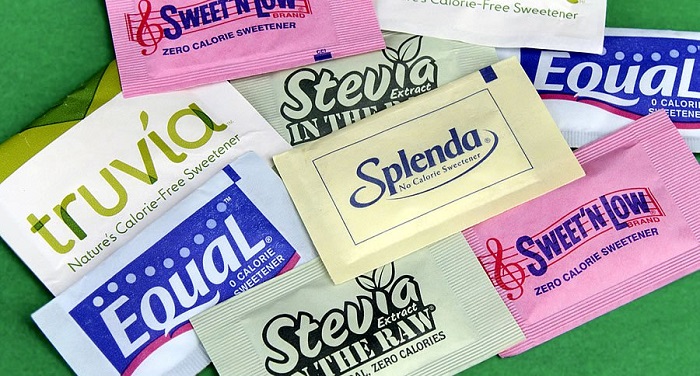
7. Microwaved Popcorn
A common partner snack for every movie night, microwaved popcorn does not seem like it poses that much of a threat at first sight, but it risks a major threat to your health. Though tasty, microwaved popcorn differs than its cooked counterpart being that possesses a preservative known as perfluorooctanoic acid (PFOA). Numerous studies of PFOA demonstrate that not only is it linked to infertility in women, it increases the risk of several cancers such as kidney, bladder, liver, pancreas, and testicular cancer. It is best to just air-pop kernels and flavor it yourself than using potentially harmful microwaved popcorn.

8. White Flour
Just like refined sugars, white flour is a common ingredient present in most baked goods. Though that may be the case, a diet of white flour may have an increased risk of developing lung cancer. Keep in mind, this is the same type of cancer caused by smoking, yet this is also caused by a chemical known as chlorine gas. Lung cancer is the most common cancer, and also the deadliest, taking over 150,000 lives every single year, but most of those victims have never touched a single cigarette in their life—this is where white flours come to mind.
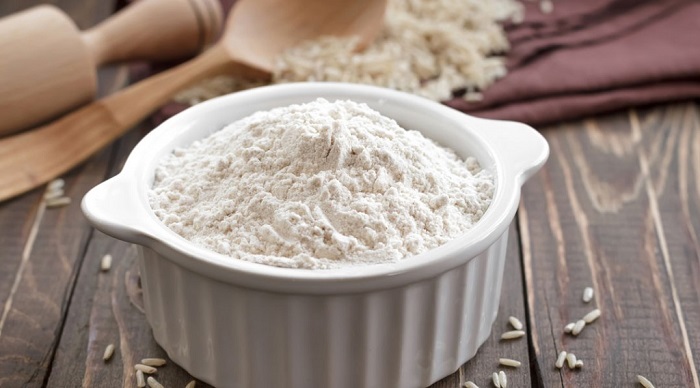
9. Non-Organic Fruits
The science is in the name itself because fruits that are non-organic are contaminated with dangerous pesticides. These pesticides include atrazine, thiodicarb, organophostates, as well as nitrogen fertilizers. One thing to take into consideration, fertilizers often come from city sewages that are then used to grow crops. In fact, pesticides such as atrazine have been banned in some European countries, yet they are still approved for use in the U.S., which is unfortunate because we should be leading the example. Fruits with a ninety percent rate of pesticide are detrimental not just for bugs but for human consumption as well.

10. GMO
Genetically modified organisms (GMO) are foods that have been modified and grown with chemicals. In contemporary times, GMO’s have gathered attention at an alarming rate due to its ties to several types of cancers. In a study conducted where rats were fed GMO foods, all of the rats demonstrated deteriorated immune systems, cancerous cell growths and reduced internal organs. Unfortunately, the Food and Drug Administration (FDA) has dismissed GMO’s as detrimental to your health, despite all the outside research, but the evidence is present: GMO’s are harmful for human consumption and are found in every chunk of the food pyramid.
